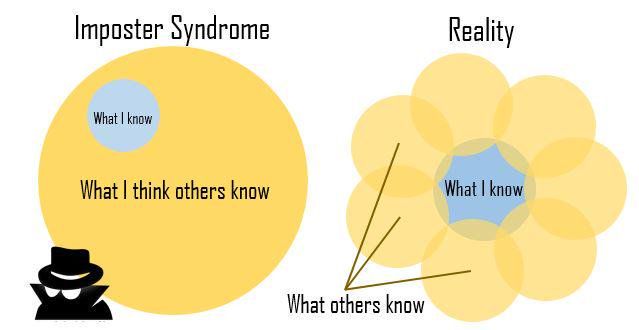A week or so ago there was a thread on Twitter that caught my eye. It was a tweet asking people what they would pick: a job making 50K per year that they love or a job making 100K that they hate? Working for money versus passion is often the central question many people face in their career.
It was interesting to see the range of responses. I was expecting it to be a pretty mixed bag, but from scrolling through for a while a lot of people said they would choose making 50K per year at the job they love.
Maybe because I am jaded, or maybe because I live in a big city where programmer salaries start at 80K and the average 1 bedroom apartment costs 2K, but I was surprised at how enthusiastically and unflinchingly people said they would choose the 50K option.
As I mentioned in my last post, I started a new job recently. When I am in this state of transition, I always find myself considering my choices up until now in my career. Especially whether I am still happy with the path I am going down.
Usually what I end up wondering about the most is if I made the right choice avoiding game developer positions. Granted, even if I had applied to them, there was no guarantee I would get them. But I often didn’t even look very hard. It felt like I was almost deliberately denying my dream. Picking the cold and calculating approach to my career that made me feel like something akin to a career grinch. To be fair, I have been making games in my free time (which I talk about here and here), but it is not the same.
One reason I felt like I had to sacrifice my creative dreams was because I was born to immigrant parents who fought tooth and nail for everything they got in the United States. My mom especially ingrained in me a belief that money was really hard to get, and that pursuing my passion might leave me penniless and starving on a street corner.
Following your passion was risky business, and taking risks was dangerous (it didn’t help that I was an only child). To those of you who don’t have immigrant parents (or siblings) this might seem a bit extreme. Thing is, they were born in Soviet Russia where clementines were considered a spectacular Christmas gift. So a little bit of imagination is required.
I did see some that shared my cautious attitude about pursuing my passion in the twitter thread.
So did all these tweets change my mind about whether I made the right decision? Is there an answer to which one wins over in the working for money versus passion debate. Was I right to choose web development instead of game development? I wish I could offer a yes or no answer. Unfortunately, as some people also pointed out in their responses, the question is rarely so black and white. My greatest fear about taking a game development job was that I could end up taking a pay cut and also hating my job.
I wrote about what it is like for women in the game development industry in another post. From sexism to harassment, and even rape, there is a frightening amount of horrors women in the game industry experience. Naturally, I feared facing these same kind of experiences myself. To make things worse, if I didn’t like my game development job and then tried to go back to web development? I might never make the money I was making before.
To be clear, I always was seeking out creative coding opportunities, but those types of jobs were tricky to find and game development felt like the most creative option by a long shot. In my head, a game development job would be the dream. But in reality who knows what it would be really like? It’s hard to say whether a job will be one you love or hate until some time has passed. It’s also hard not to chase your dream when you’ve been raised your whole life to do that exact thing. My parents tried to implant a practical attitude. But I still got the same treatment at school as any other millennial. Teachers encouraged me to dream big and never give up. So naturally, it’s still hard to let go of the idea of being a game developer.
I am certain this is not a dilemma I face alone. Many people go into programming as a career from lower paying fields. I met a woman once at a meetup who wanted to get into coding because she was burnt out as a social service worker. I also have a friend who was a professional artist and became a programmer so they didn’t have to worry about paying their bills. There are many others like her who work in rewarding but taxing jobs that eventually become intolerable. Did they love the job when they started out and begin to hate it later? Maybe they didn’t realize how unpleasant the job might become until later. Or they told themselves they loved helping people, and that helping people should be their passion.
At the end of this post, it seems I don’t really have an answer to the question in my title. It’s almost impossible to put a dollar sign on passion. Not just because thats a good quote to put on an inspirational poster. It’s hard because our imagination is not the same as reality. A job involves more than just doing something you are passionate about. It involves coworkers you may or may not get along with. Benefits that may or may not be good, among other things. Bosses who may or may not see where you’re coming from. And you won’t know all of those things until you take that risk. For now I’ve taken the safer road and worked as a creative coder in my free time, but perhaps in the future I will change my mind.
Would you take the 50K job you love or the 100K job you hate? What does working for money versus passion mean to you as a tech worker? Feel free to leave a comment with your thoughts! I also highly recommend checking out the original thread on Twitter, or join in the discussion yourself.
If you enjoyed this article, consider following me on Twitter @nadyaprimak or if you need more tips on breaking into the tech industry, you can read my book “Foot in the Door”.





